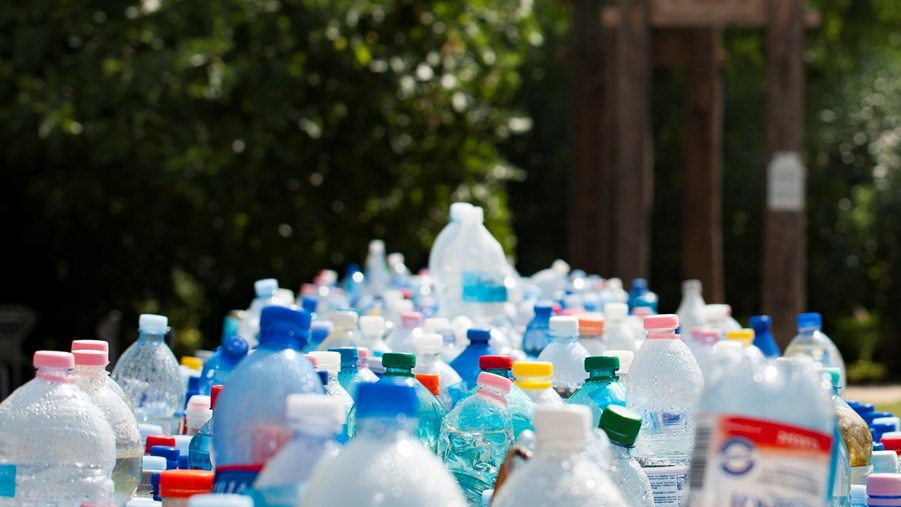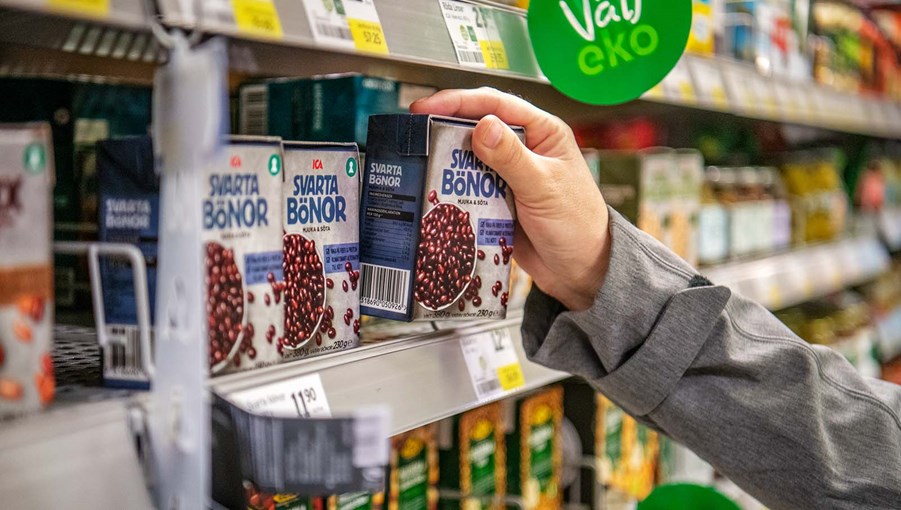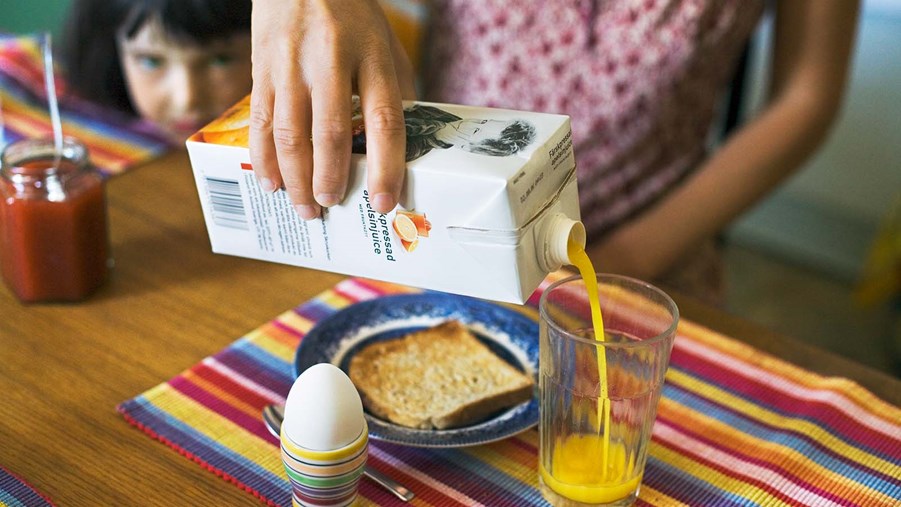
The Single-Use-Plastic Directive is part of the EU's plastic strategy. The basic principle of the directive is to reduce the amount of litter items in the beaches and sea. The principle is for a good cause, as no products should be thrown into nature.
Initially, this Directive addressed the problem of plastics in the oceans and focused on the most common top 10 plastic products found on the beaches and sea. The directive has been expanded to deal with littering in general, waste management and an increased collection/ recycling of single-use materials.
The directive is affecting forest industry directly, because single use products e.g. disposable cups often are of the composition paperboard and a barrier of plastics.
Swedish Forest Industries Federation views on the directive:
- The basic principle of the directive is for a good cause. We should have a high level of collection and recycling of all materials in Europe, just as we already have, not least in Sweden.
- The directive does not take sufficient account for the need for new materials, in order to make circularity work in practice. An example is paper and cardboard, which need an inflow of materials and these can be recycled into new materials up to 7 times before the fibres wear-out.
- The directive needs a clear connection to existing legislation on recycling and waste. Definitions of what constitutes a plastic product is crucial, in order for different these legislations to apply together. The existing legislation defines products based on the main material in the composition.
Who is dealing with the matter right now?
The Single-Use-Plastic Directive was formally approved in summer 2019. In order to comply with the SUPD, Member States have until 3 July 2020 to bring into force the necessary laws, regulations and administrative provisions. In order to clarify its scope and objectives as well as its general terms and definitions, in particular its single-use plastic product definitions, the directive calls on the European Commission to prepare corresponding guidelines. We are still waiting for these.


